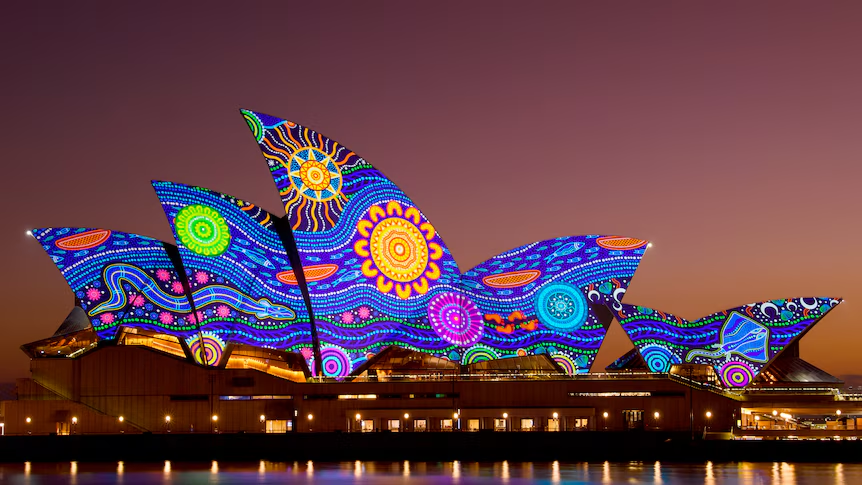New Zealand’s luxury property market has defied global economic trends with a resilience that continues to astound analysts and investors alike. Amidst global uncertainties, the country’s high-end real estate sector has not only remained buoyant but is expected to grow, driven by unique local dynamics and strategic economic policies. This article delves into the factors underpinning this phenomenon, backed by data and insights, while challenging common misconceptions about the market.
The Resilience of New Zealand’s Luxury Property Market
While many global luxury markets have seen fluctuations, New Zealand stands out for its stability. This is largely due to several contributing factors specific to the Kiwi context, including a strong economy, strategic immigration policies, and the attractiveness of its pristine landscapes.
Economic Stability and Growth
New Zealand's economy has demonstrated remarkable resilience, with the Reserve Bank of New Zealand reporting a steady GDP growth rate of 2.5% in 2023. This stability provides a solid foundation for the luxury property market, attracting both domestic and international investors seeking safe havens for their wealth.
Moreover, the country’s low-interest rate environment, as maintained by the Reserve Bank, has made borrowing more attractive, stimulating investments in high-value real estate. As a result, luxury properties continue to experience high demand, particularly in regions such as Queenstown and Auckland.
Immigration Policies and Global Appeal
New Zealand's immigration policies have been pivotal in supporting the luxury property market. The country’s reputation for safety, political stability, and high quality of life makes it a preferred destination for high-net-worth individuals (HNWIs) seeking residency. The Investor Visa program, which requires a significant financial commitment, has particularly boosted demand for luxury homes.
Furthermore, the global pandemic highlighted New Zealand as a desirable location for expatriates, with its effective management of COVID-19 drawing international attention. This has led to increased interest from overseas buyers looking for secure investment opportunities in the luxury sector.
Case Study: The Queenstown Boom
Case Study: Queenstown – The Pinnacle of Luxury Living
Problem: In the early 2020s, Queenstown faced a saturation of the mid-market property sector, leading to concerns about overvaluation and unsustainable growth.
Action: Developers shifted focus to the ultra-luxury segment, capitalizing on Queenstown’s stunning natural landscapes and exclusive appeal. This involved creating high-end properties with bespoke features catering to an international clientele.
Result: Within three years, Queenstown saw a 35% increase in luxury property sales, with properties above NZD 5 million becoming particularly popular. This shift not only stabilized the local market but also enhanced the region's reputation as a luxury destination.
Takeaway: This case underscores the importance of market adaptation and strategic targeting of high-net-worth individuals in sustaining growth within niche sectors. For New Zealand, it demonstrates that luxury real estate can thrive even amidst broader market challenges.
Debunking Myths About New Zealand’s Luxury Property Market
Despite its success, several myths persist about the luxury property market in New Zealand. Here, we address some common misconceptions:
- Myth: "Luxury property prices will inevitably crash due to global economic pressures."
- Reality: Historical data shows that New Zealand’s luxury market has consistently outperformed expectations, buoyed by strong demand and limited supply (Source: Stats NZ).
- Myth: "Only foreign buyers drive the market."
- Reality: While international buyers contribute significantly, local investors also play a crucial role, accounting for approximately 60% of high-end property transactions (Source: NZ Property Investors’ Federation).
- Myth: "Luxury properties are a poor investment during economic downturns."
- Reality: Luxury properties often retain their value better than other segments during downturns, providing stability in volatile times (Source: Reserve Bank of NZ).
Challenges and Future Trends
Despite its strengths, New Zealand's luxury property market faces challenges, including regulatory changes and environmental considerations. The government’s focus on sustainable development could impose stricter building codes and environmental regulations on new developments, which might impact project timelines and costs.
Looking ahead, the market is expected to continue evolving with a focus on sustainability and smart technology integration. By 2028, experts predict that 50% of new luxury developments will boast advanced eco-friendly features, appealing to environmentally-conscious buyers (Source: NZTech Future of Real Estate 2025).
Conclusion: A Market Poised for Growth
In conclusion, New Zealand’s luxury property market is not only here to stay but is poised for continued growth. Its resilience is fortified by a stable economy, attractive immigration policies, and strategic market adaptations. As the market evolves, opportunities abound for investors who are able to navigate its complexities and capitalize on emerging trends.
Final Takeaway: For those considering entry into the luxury property market, understanding New Zealand’s unique economic landscape and regulatory environment is crucial. With the right insights and strategies, investors can benefit from this dynamic and promising sector.
What’s Next? Are you ready to explore opportunities in New Zealand’s luxury property market? Share your thoughts and experiences in the comments below, and consider subscribing to our newsletter for the latest insights and trends.
People Also Ask
- How does the luxury property market impact New Zealand's economy? The luxury property market contributes significantly to New Zealand's economy by attracting foreign investment, creating jobs, and boosting local businesses.
- What are the biggest misconceptions about New Zealand’s luxury property market? One common myth is that the market is solely driven by foreign buyers, but local investors account for a large share of transactions (Source: NZ Property Investors' Federation).
- What strategies can investors use in the luxury property market? Experts recommend focusing on niche markets, leveraging eco-friendly designs, and staying informed about regulatory changes to maximize investment returns.
- What future trends could affect New Zealand’s luxury property market? By 2028, increased emphasis on sustainability and technology integration could reshape the market, making eco-friendly and smart homes more prevalent.
- Who benefits the most from investing in New Zealand’s luxury property market? High-net-worth individuals, local developers, and international investors benefit from the market's stability and growth potential.
Related Search Queries
- New Zealand luxury real estate trends 2025
- Best areas for luxury property investment in New Zealand
- Impact of immigration on NZ property market
- Eco-friendly homes in New Zealand
- Future of real estate in New Zealand
- Queenstown luxury property market analysis
- New Zealand property investment for foreigners
- Smart homes technology in NZ































